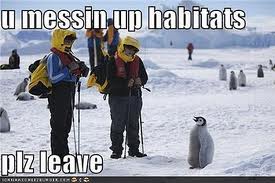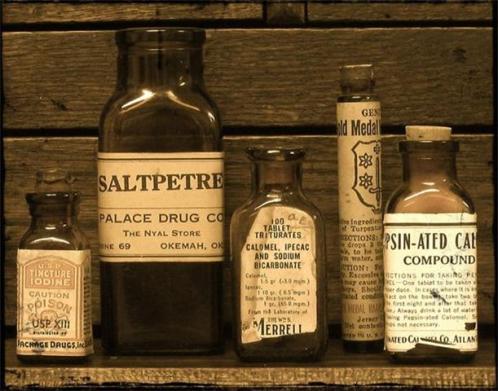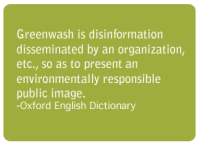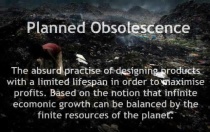
Is it too early for seasons’ greetings?
Christmas is just five weeks away. Somehow, I don’t seem that excited any more.
We finally had two days of rain, not torrential stuff, but it wet the ground and brought some new life to the praça.
The plants I donated to the botequim are doing nicely, better than they did alongside the house where they only got sun for half the day. They are all showing new growth.
My herbs are also doing well. The guava tree is full of fruit and I have harvested three lots of chillies. The passion fruit vines are growing prolifickly and I watch each day for signs of the first flowers

Click the banner for full post
With the silly season nearly upon us CTWW is seasonally appropriate.
Cheers!
If you are planning to entertain friends and family this season, and plan to serve “adult” beverages, do a little research and plan an Eco-friendly bar. Here are some things to consider:
- Wine is the most Eco-friendly alcoholic beverage. Choose organic varieties which don’t include preservatives. While boxed wine may not look classy, it is the most earth-friendly of wine packaging options. Glass bottles would be the next choice.
- If you’re serving beer, cans are better than bottles because they weigh less which gives them a lower carbon footprint.
- Opt for liquors and wine with natural cork instead of synthetic corks or metal tops.
- Avoid frosted bottles. Chemicals are used to create them.
- Look for beverages which are distilled locally and check that the company uses minimal energy and water to create their libations.
- Serve drinks in glass rather than plastic and use glass straws.
- Use cloth cocktail napkins instead of paper.
- Use local, organic fruits and herbs in mixed drinks. And don’t forget organic “munchies” to go along with the cocktails.
- Make ice in an ice tray rather than use the automatic ice maker in the refrigerator. You’ll use less energy.
The idea, this week, is to plan ahead to ensure that your home bar is “green”.
OR …
If you aren’t including alcohol in your celebrations, make plans to “green” any get-togethers you are hosting or attending. Consider local, organic foods and reusable serving pieces. If you are traveling to an event, share a ride with others. Use natural elements to decorate. Supply visitors with comfy slippers or socks so that they will feel comfortable to remove their shoes at the door.
OR …
If you’ll be spending quiet time at home this season, plan to make the experience green. Use all the ideas above, on a smaller scale, to make your personal time fun and Eco-friendly.
Well, the purple bit doesn’t apply, that’s just plain silly. Imagine Christmas and New Year without a tipple ot two, takes all the fun out of it.
I’m not planning on anything extravagant, so I’ll do the blue bit with the green bits added.

Screw tops I leave on the shelf
Yes, wine will be included. Some orgnic wines are appearing here in Brazil, but they are invariably stoppered with synthetic corks or screw-tops, both of which I try to avoid, particularly the latter; I hate them. When I buy wine, it sometimes sits for years before I get to drink it, so cardboard is out; besides, I think that is so tacky. Boxed wine also has a plastic bladder, so I wonder at the environmental value of boxed wine.
I refuse beer in cans, mainly. With the exception of three options; Guinness, Murphy’s Stout (both imported as cans) and a São Paulo beer that is only available in cans. Beer cans are lined with BPA or BPS, and for that reason I avoid them.
Non-alcoholic drinks, soda, etc don’t feature in my celebrations, unless for the kids, that’s unavoidable. But I do make fresh fruit juice with no added sugar.
There are some beers here in Brazil that are made with GMO corn, I refuse to buy them as well.

Plastic, wouldn’t consider it.
Plastic cups… I continue in my crusade at the bar to get the regulars to return to glass. Even at work, I encourage my students to drink from glass rather than the disposable cups provided by my bossette.
At the botequim, if there is a spill, we use cloths to wipe up. Generally speaking serious drinkers don’t spill their drinks, but it does happen, and there is the condesation that drips of bottles and glasses, that also gets the cloth treatment.
Pestiscos (bar snacks, munchies), I prefer to make my own at home and take to the bar, which I share around of course; they are always welcomed. Organic they may not be, but they are better than the flour-based commercial ones.
I wouldn’t consider using an auto-ice maker, all my ice is made in ice trays. Domestic appliances like this I consider a waste of resources that panders to consumerism.
So within limits, I do adhere to green principles, even for the silly season; and beyond.
 Year of the llama: Bolivia calls for 2016 to be dedicated to camelids
Year of the llama: Bolivia calls for 2016 to be dedicated to camelids






 We are hearing all the time about meetings, conferences and the like about global warming.
We are hearing all the time about meetings, conferences and the like about global warming.

 The following by Richard Conniff.
The following by Richard Conniff.
























Recent Comments